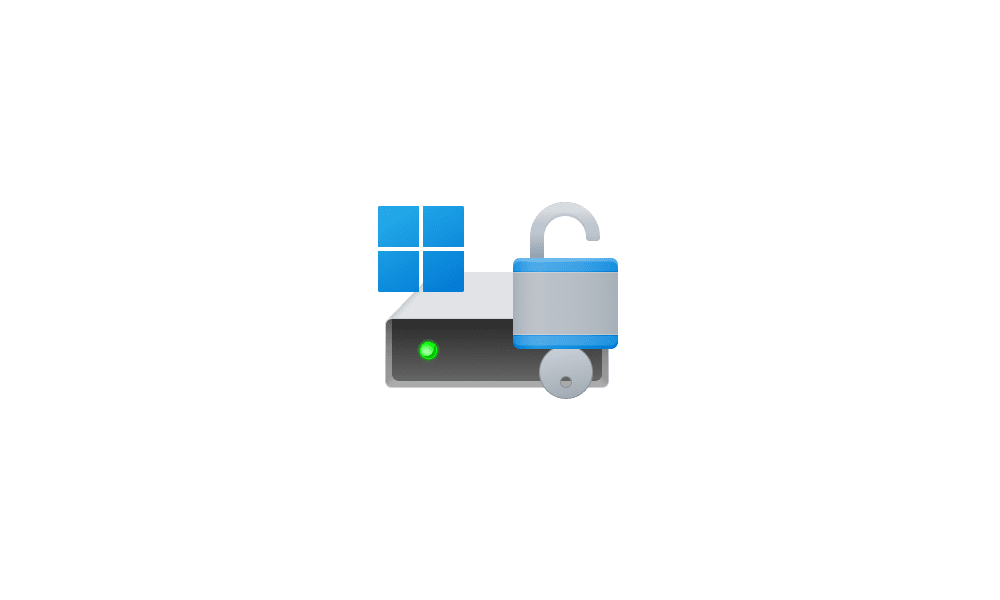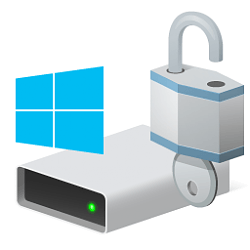This is annoying the living crap out of me. Every time I install Windows 11 Pro or 10 Pro recently even, the first thing I noticed upon logging in is Windows is encrypting my disk which I know how to stop and disable but is there a way to prevent this from happening automatically so I don't need to manually stop it for every machine I install Windows on?
My Computers
System One System Two
-
- OS
- Windows 11 Pro
- Computer type
- Laptop
- Manufacturer/Model
- ASUS ROG Strix SCAR 16 G635LX
- CPU
- Intel Core Ultra 9 275HX
- Motherboard
- ASUS
- Memory
- SK Hynix 64GB DDR5-5600MHz RAM
- Graphics Card(s)
- GeForce RTX 5090 24 GB GDDR7 VRAM
- Sound Card
- Dolby Atmos-powered speakers - 2 tweeters and 3 downward firing woofers
- Monitor(s) Displays
- AOC Agon PRO AG274QZM QHD Mini-LED Monitor
- Screen Resolution
- QHD (2560x1440)
- Hard Drives
- 2x WD_BLACK SN850X 8TB SSDs (RAID 0)
- PSU
- 280W AC Power Adapter
- Cooling
- Noctua NT-H2 + Fujipoly Extreme Thermal Pads + Razer Laptop Cooling Pad
- Keyboard
- Razer BlackWidow V4 X
- Mouse
- Razer Basilisk V3 X HyperSpeed
- Internet Speed
- 1 GBPS Down / 330 MBPS Up
- Browser
- Google Chrome
- Antivirus
- Avast Premium Security
-
- Operating System
- Windows 11 Pro
- Computer type
- Laptop
- Manufacturer/Model
- Dell XPS 15 9500
- CPU
- Intel i7-10875H
- Memory
- Kingston FURY Impact 64 GB 3200 MHz DDR4 RAM
- Graphics card(s)
- nVIDIA GeForce GTX 1650 Ti Max-Q w/ 4 GB GDDR6
- Sound Card
- Realtek
- Monitor(s) Displays
- 15.6 UHD+ Touch, InfinityEdge, 500-nits, Anti-Reflecitve
- Screen Resolution
- 3840 x 2400
- Hard Drives
- Samsung 990 PRO 2TB + 4TB SSDs
- PSU
- Dell 130W Laptop Charger USB C Type C AC Adapter
- Cooling
- Noctua NT-H2 Thermal Paste on CPU + GPU
- Mouse
- Logitech MX Anywhere 3
- Internet Speed
- 1 GBPS Down / 350 MBPS Up
- Browser
- Google Chrome
- Antivirus
- Avast Free Antivirus









